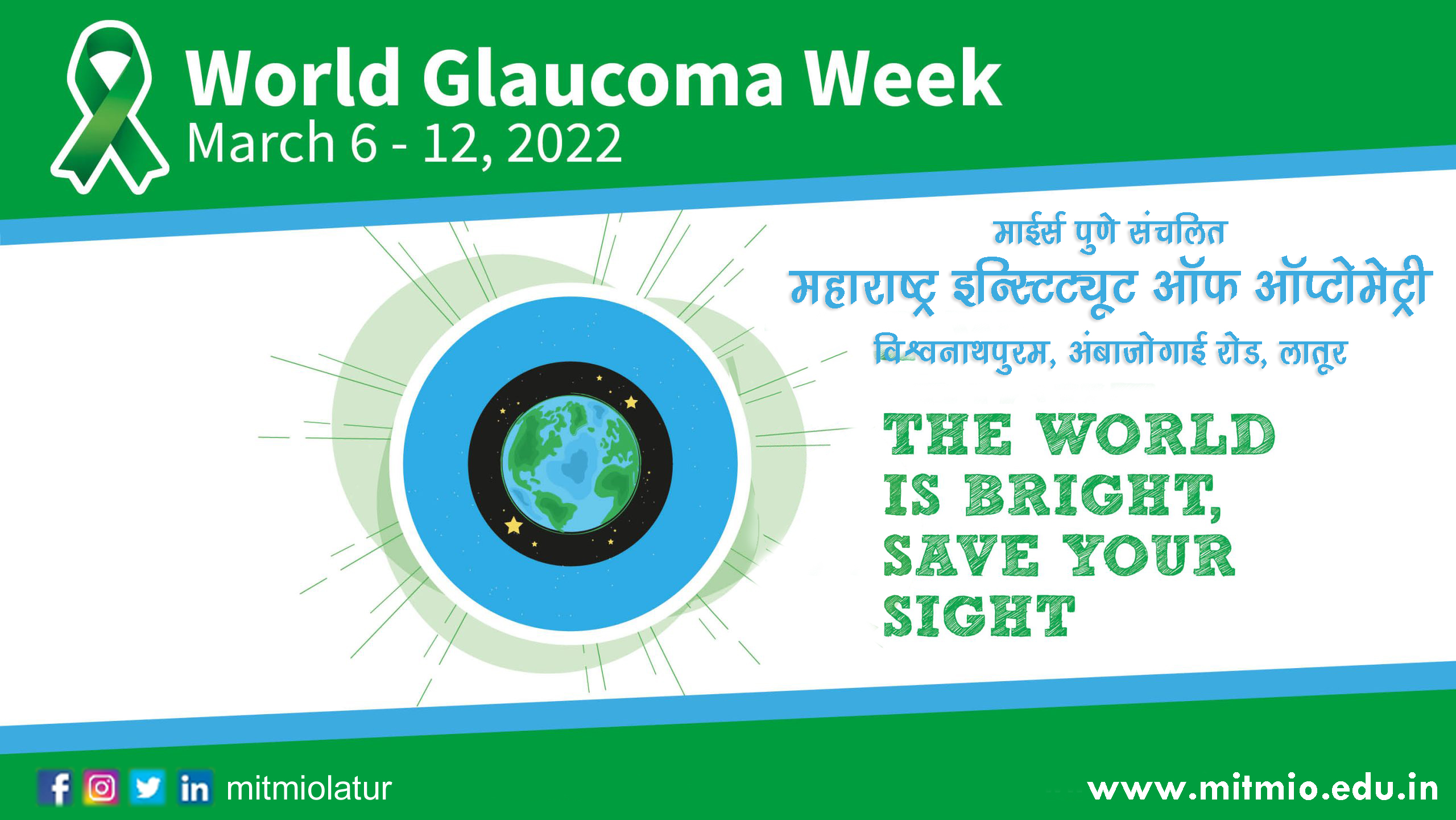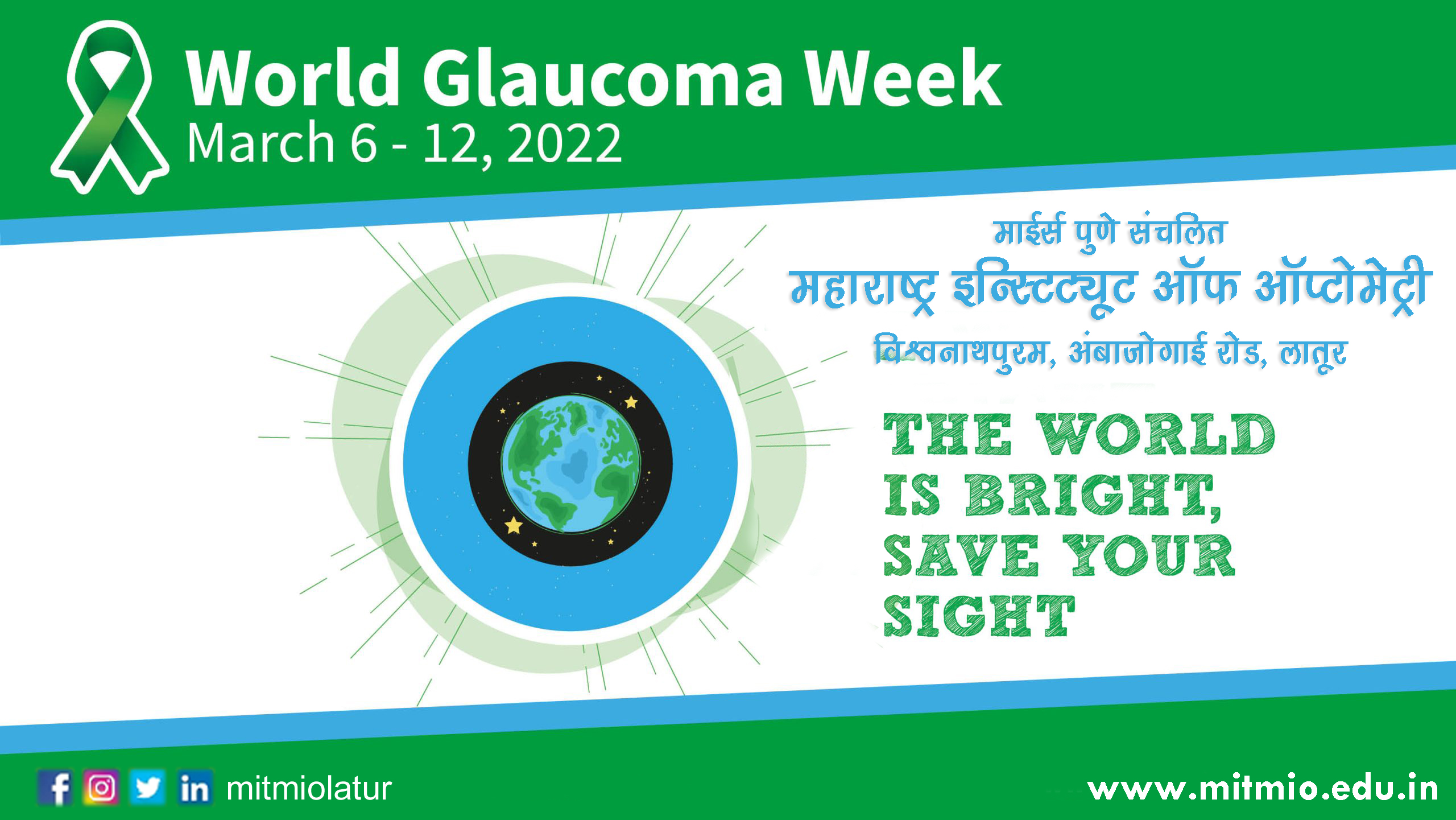World Glaucoma Week 2022
World Glaucoma Week (WGW) is a global initiative of the World Glaucoma Association (WGA) in order to raise awareness on glaucoma. Through a series of engaging worldwide activities, patients, eye-care providers, health officials, and the general public are invited to contribute to sight preservation. The goal is to alert everyone to have regular eye (and optic nerve) checks in order to detect glaucoma as early as possible. In 2022, the WGW will take place between March 6-12.

Welcome to World Glaucoma Week
#glaucomaweek“World Glaucoma Week is a unique initiative that puts a spotlight on glaucoma as the leading cause of preventable irreversible blindness worldwide. The prompt diagnosis and treatment of glaucoma can prevent needless vision impairment, however, so many are unaware they have the disease or may not have access to much-needed care. As the numbers are expected to increase exponentially, it is a growing public health concern that needs more attention and effective eye health systems. The active coming together of the international community with colleagues and key stakeholders through events to stimulate awareness and dialogue is a show of our shared commitment to improving glaucoma care for patients around the world.”
Think global, act local
Each year, the World Glaucoma Week adopts a common theme, which is adapted to local conditions, and yet unifies our efforts. To be effective, community awareness projects need to be relevant for the general population. That means they need to be based locally and thus, rely on individuals in each location to be actively involved, adopting the unifying global message into local culture.




